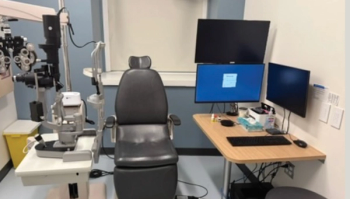
|Articles|January 15, 2008
BAK linked to ocular surface damage in animal studies
Prostaglandin analogues preserved with benzalkonium chloride (BAK) can cause more extensive loss of goblet cells and a breakdown of cell-cell adhesions, which could increase the risk of ocular surface disease, according to findings from a pair of studies conducted in rabbits.
Advertisement
Newsletter
Get the essential updates shaping the future of pharma manufacturing and compliance—subscribe today to Pharmaceutical Technology and never miss a breakthrough.
Advertisement
Latest CME
Advertisement
Advertisement




























